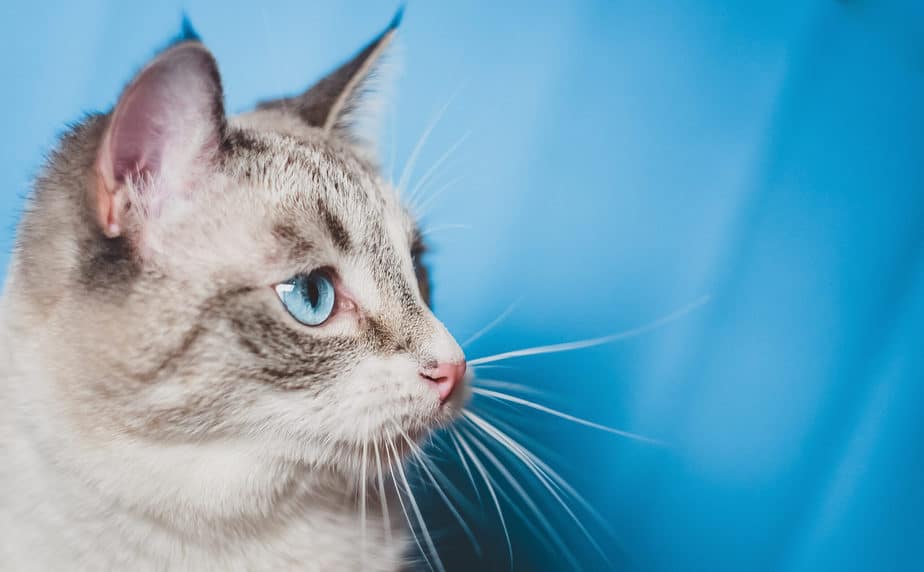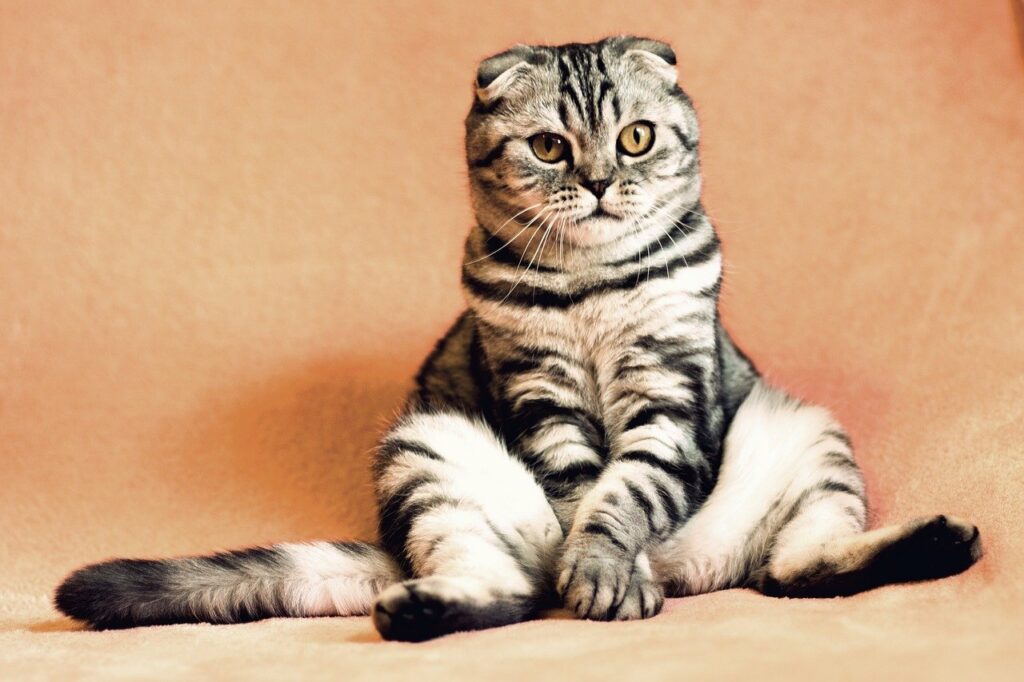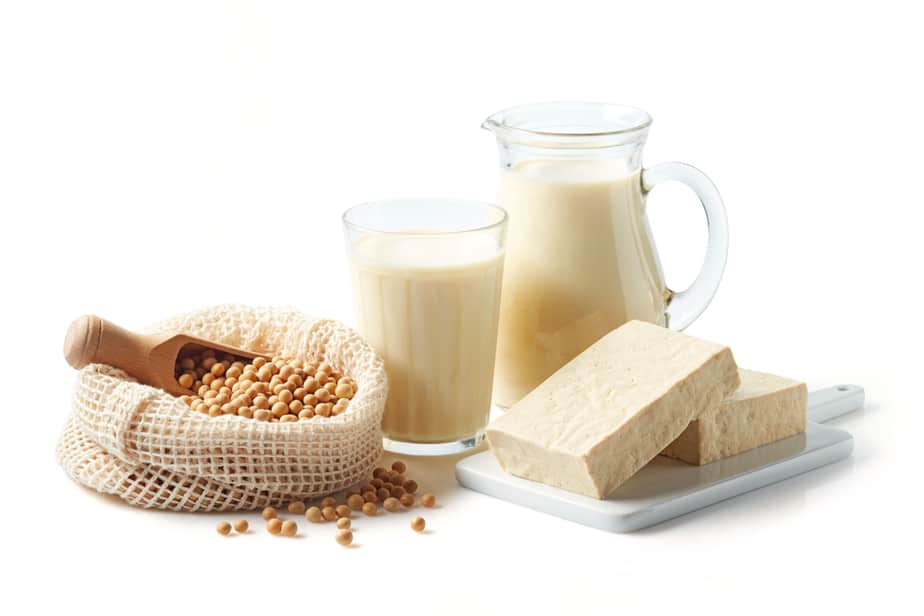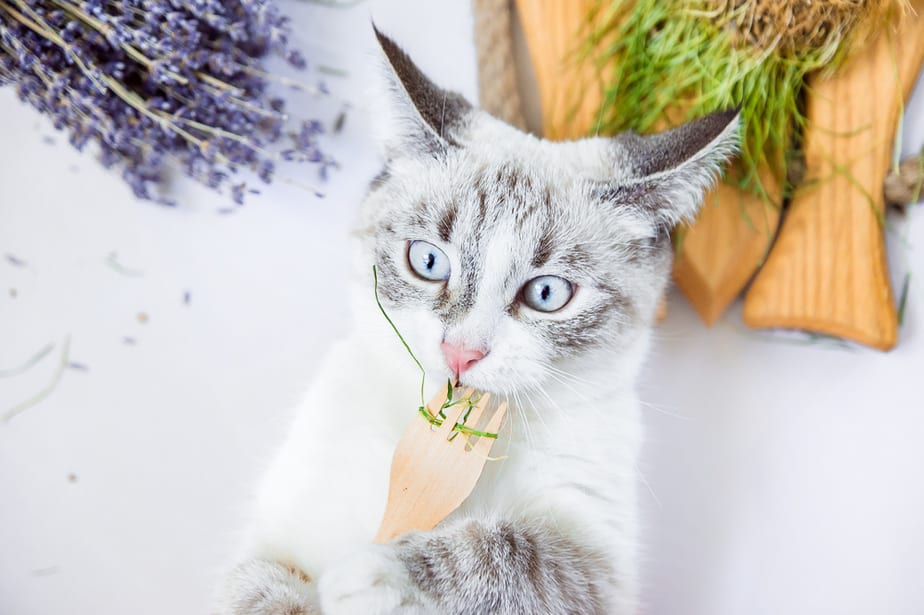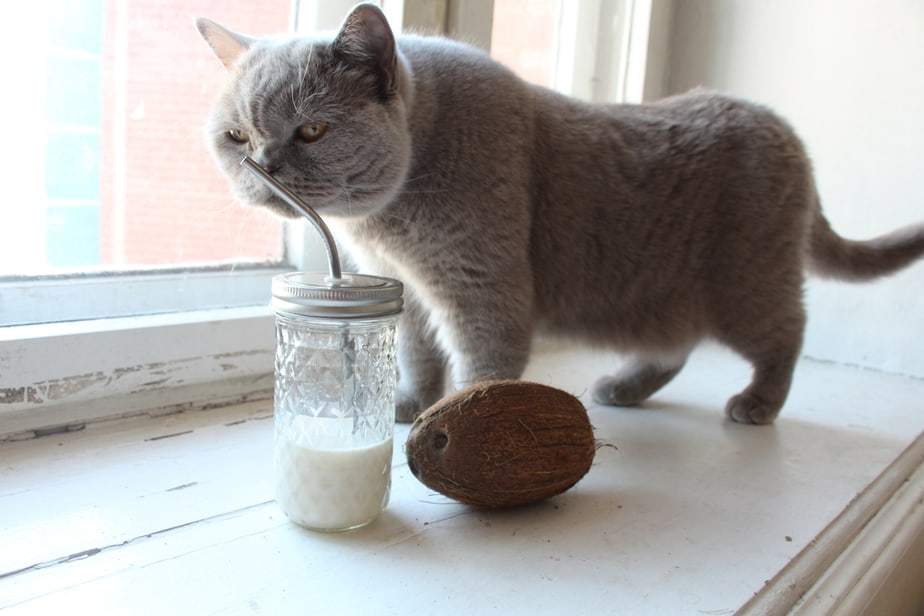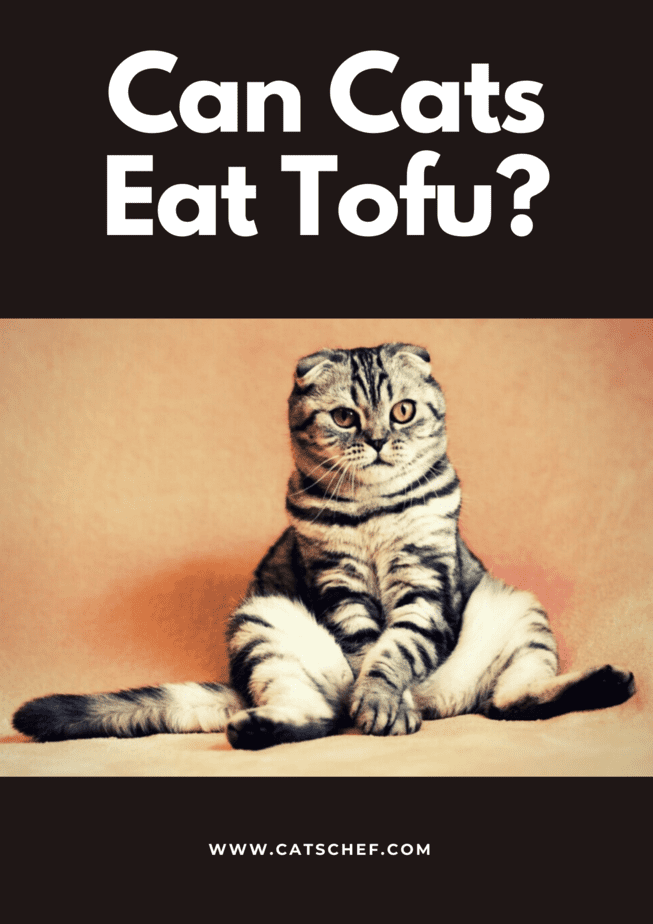📖 Table of Content:
Thanks to the ever-growing needs and equally growing markets, the world is becoming a better place for vegans. Food production is constantly looking for new ways to satisfy their needs without animal products. But what about our pets, can cats eat tofu?
We know felines are not vegans. In fact, as obligate carnivores, they are on the completely different end of the spectrum. I think my furkid would never forgive me if I fed her vegan foods like tofu. She probably wouldn’t mind, though, as she eats anything and everything.
Sometimes, she reminds me more of a dog, rather than a cat. Felines are known to be picky eaters, so mine just might be an alien(?) In the beginning, they may like the taste, but in the end, is tofu safe for cats?
Can cats eat tofu? Is it bad for them?
In small amounts, tofu isn’t bad for cats. It’s not necessarily harmful, but it’s not entirely safe either. There’s no short answer to whether tofu is bad for cats. We can’t say it’s healthy or safe because it depends on a variety of things.
Cats are carnivores and are dependent on meat. Without it, they could quickly fall ill and suffer serious consequences. A bit of vegan food won’t hurt them in short term, but in the longer run, your pet could be in some serious trouble.
What is tofu?
Tofu is manufactured from condensed soy milk that is pressed into solid white blocks using a technique similar to cheese manufacturing. Remember not to equate soy milk with soy sauce that’s highly harmful to cats.
Many meat substitutes include tofu, and it’s used in many dishes. So, is it possible for cats to have it as well? Yes, but in small amounts.
Tofu can’t in any way, shape, or form replace the meat your feline needs to consume to get all of the necessary nutrients like protein.
Soy milk isn’t always dangerous to your kitty. However, it isn’t very helpful. Soy milk is a water, protein, and oil emulsion. It does not include cow’s milk, which is a big win for your cat.
Because most cats are lactose intolerant, soy milk could be a viable alternative. For vegans, this plant-based beverage is one of the best options.
However, it has no nutritional benefit for cats and includes sugars that are difficult for them to digest. Flatulence and other digestive issues might result from digesting these carbohydrates.
Because felines have a hard time digesting plant matter, large amounts could be detrimental to them.
If your cat eats a modest amount of carbohydrates, you shouldn’t be alarmed. These can only lead to serious health problems if consumed over a long period of time.
Tooth decay, diabetes, obesity, and joint inflammation are more likely to develop as a result of the extra few pounds. Although these extra pounds may appear cute to you, they might lead to arthritis.
Nutritional value
Tofu is a nutrient-dense, vegan food. It offers a surplus of protein, fats, as well as fiber. It’s also abundant in vitamins and minerals such as vitamin A, zinc, calcium, copper, manganese, and many others.
Although it’s derived from plants, the protein found in tofu can be a good addition to your cat’s diet. However, your pet may not gain all the benefits of this nutrient since they have a harder time digesting plant matter.
Tofu also contains amino acids that are essential to felines. They boost her overall immune system and help with various body functions.
Next to protein, fats found in this vegan food can also be of use to felines. Cats need these nutrients to help fuel their body and keep them warm. Fats are one of the two main sources of energy in cats and are especially important for outdoor felines.
Fats contained in tofu are mostly healthy, unsaturated fats. They help lower cholesterol levels in the blood, unlike saturated ones. So, not only can cats eat tofu, but it also has a decent nutritional value for a carnivore.
Besides, it’s abundant in fiber that’s good for a cat’s digestive health. Fiber is a nutrient that regulates the passage of food in the digestive tract and can help with preventing diarrhea. This nutrient is known to give the feeling of fullness.
That’s why many people who want to lose some weight opt for high-fiber foods. If you have an obese cat that could lose a few pounds, talk to your vet for starting on some fiber-rich foods.
Vitamins and minerals
Iron and calcium are some of the minerals found in tofu. These are beneficial to bone health since they strengthen them. They’re also necessary for an active, young cat who enjoys daily activities such as running and jumping. These nutrients are essential for preventing bone fractures.
Iron is crucial for keeping red blood cells in check, in addition to bone health. Anemia can be caused by a shortage of this mineral. Potassium, B vitamins, manganese, and other health supplements aid in a variety of biological activities.
They aid in the immune system’s function as well as the formation of connective tissue. They also help maintain proper muscle and nerve function, as well as prevent excessive blood pressure.
Can cats eat tofu every day?
Although cats can eat tofu, it shouldn’t be on a daily basis. It’s not recommended to feed your cat a vegan diet. Even though tofu contains protein and other beneficial nutrients, it can’t replace the benefits cats gain from eating meat.
Therefore, you’re free to give your furkid tofu every once in a while. Sharing some of your tofu with your pet is fine, but don’t overdo it. It’s better to do it once in a blue moon because your cat won’t benefit from it in the long run.
What about other vegan food?
We know vegan food consists of plant material only without any meat. You can assume that plants and carnivores don’t mix well. However, we’ve seen that tofu isn’t that bad and cats might actually like it.
Tofu is made from soy milk, that doesn’t contain dairy. This is a good thing about a vegan diet and one of the few things that favor cats. What about other vegan food then?
Can cats drink almond and oat milk?
Almond milk, surprisingly, is completely safe for cats. It’s lactose-free, which is great news for lactose-intolerant cats. Almond milk will maintain your cat’s immune system loaded with vitamins and minerals.
Its consumption can lead to stronger bones, a lustrous coat, and glowing skin. Of course, this assumes your pet isn’t allergic to nuts. This milk is nutritious and good for your fluff, but be sure to check in with your vet first.
Even though it doesn’t contain any dairy ingredients, it’s possible that your cat will have digestive issues. Not all cats are the same, and although some may benefit from it, others may find it difficult to digest.
Also, almond milk is high in calories and many kinds of almond milk contain extra substances that are hazardous to pets. These include flavorings, sugars, and artificial sweeteners, and they don’t make cats and almond milk the best of friends, but a lick now and then won’t hurt your cat.
When it comes to oat milk, it’s generally regarded as safe for your cat to drink. However, she won’t gain much in terms of nourishment. Even though oat milk doesn’t contain lactose, it may cause stomach trouble in your cat, so keep an eye out for any signs of gastrointestinal distress.
Just because oat milk isn’t harmful to your cat doesn’t mean it’s healthy. There’s no need to be concerned if your cat manages to lick some up. But, just like almond milk, it could be packed with sugar, so keep an eye out for that.
What about rice and coconut milk?
Rice milk contains a lot of carbs and sugar. Despite the fact that cats don’t have a sweet tooth, your cat may desire to drink rice milk because of the fats. Not to mention the fact that rice milk is heavy in calories and may cause weight gain in cats, as well as causing gastrointestinal discomfort.
The good news is that rice milk contains no saturated fats, which are detrimental to cats. These harmful fats are known to raise blood cholesterol levels and increase the risk of heart disease and stroke.
Unsaturated fats, on the other hand, are the ones that your pet will benefit from. Unlike their saturated counterparts, they keep cholesterol levels in check.
Coconut milk is high in plant proteins, which are difficult for a cat’s digestive tract to absorb. Small amounts of coconut milk as a special treat will be fine, but the high-fat levels may, once again, cause digestive discomfort.
Cats with established health problems, such as renal or liver illness, and diabetes, should avoid such a high-calorie treat. Calories are a reason for obesity, tooth decay, and other health problems.
To sum up
Cats can eat tofu, but don’t make it a habit. While it holds certain health benefits, it still can’t be a substitute for a meat-based diet. Felines aren’t wired to eat plant material, so they can have a hard time digesting them.
When it comes to vegan food and plant-based milk, they are safe for cats to eat in moderation. Just like with tofu, it’s best if these are given as an occasional treat and not a staple in their diet.
